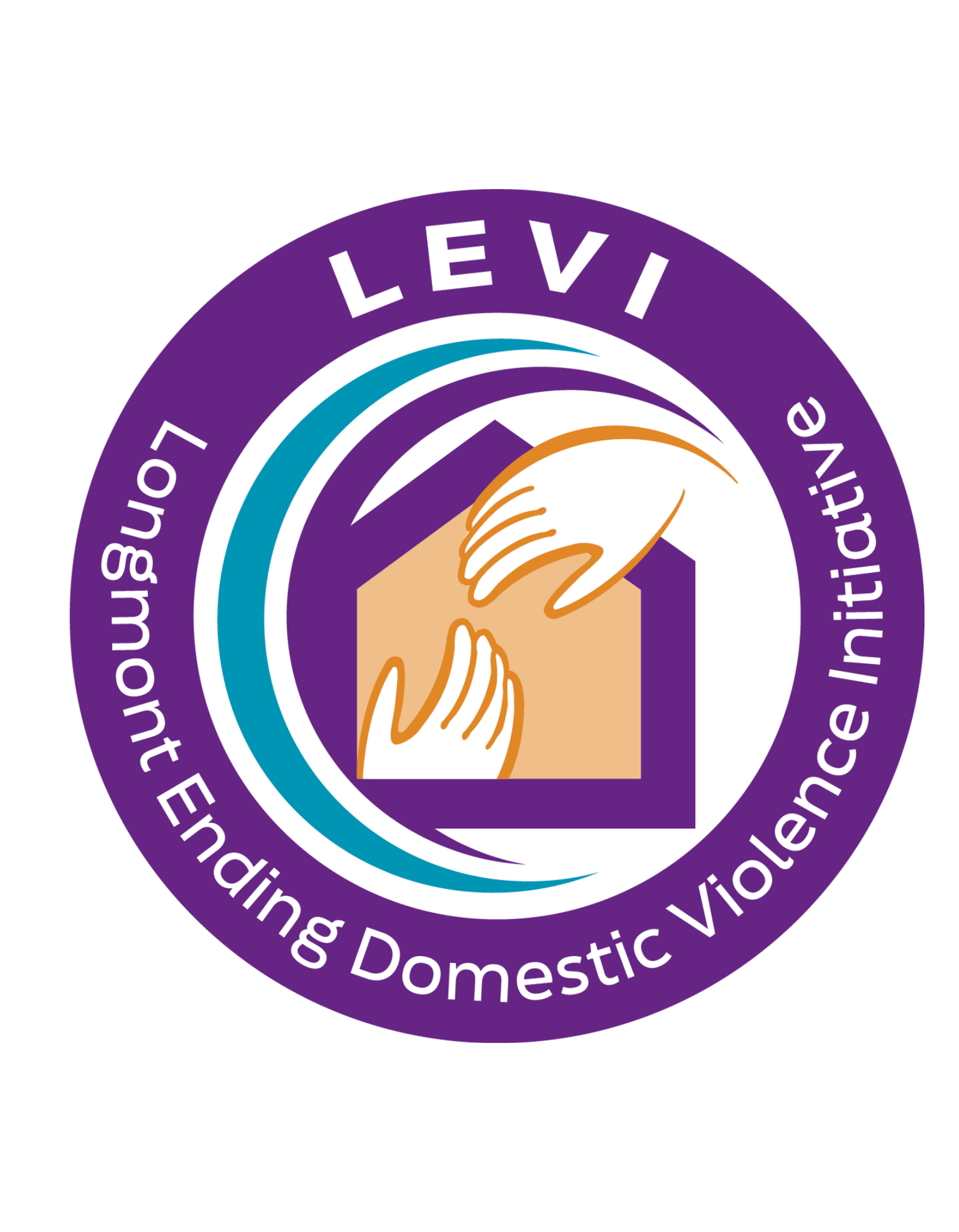Reporting
Reporting can be scary and overwhelming, especially if you aren’t sure what will happen or where to start. Not every survivor feels ready to report, and that’s okay. Once you understand your options, you can decide what feels right for you.
You might think about reporting something you saw, even if it didn’t happen to you. It can be a lot of pressure to make this decision. You might worry about how the person who was hurt will feel. You don’t want to break their trust, but you also want to keep them safe.
It is important to know when emergency help is needed, whether it is for yourself or someone else. If someone’s safety is in danger, you should call 9-1-1 immediately.
If you want to talk about your options or ask questions about reporting, contact LEVI at 303-774-4534 or levi@longmontcolorado.gov
Disclosure versus Reporting
Disclosure is when someone tells another person about their experiences. The person they tell could be a professional or loved one. Reporting is a more formal process. It means telling someone who has the power to take action, like the police, a school, or a workplace. Reporting can lead to an investigation.
Confidential versus Anonymous
Confidentiality means only certain people can know what was shared. If someone shares something confidentially, the information will remain private. Therapists, shelter advocates, and hotlines are good confidential options. Anonymous means no one knows who gave the information. When making an anonymous report, no identifying information is collected. If information from the report is shared, the name of the reporting party won’t be included.
Reporting Options
Law enforcement
Options to report to police in Longmont:
Call or text 9-1-1
Call the non-emergency line: 303-651-8501
Call the anonymous tip line: 303-774-3700
Go in person to the police department
225 Kimbark St., Longmont, CO 80501
Talk to a school resource officer at school
Medical Help - Doctors and Forensic Nurses
Getting medical care is very important after any type of assault. All medical records are confidential, unless the patient chooses to share them.
Forensic nurses are trained to provide care to people who have experienced violence. They can do a forensic exam that includes:
Asking about patient history
A physical assessment
Giving medical care
Collecting evidence
Connections patients to resources
Patients can choose whether or not to report to the police. There is also the option to make an anonymous report. This allows evidence to be collected and saved, but not tested. The evidence can be tested at a later time if the patient decides to report.
Department of Human Services
To report concerns of child abuse, call the Colorado Child Abuse and Neglect Hotline at 844-CO-4-Kids. To report concerns of abuse of an adult, call Adult Protection Services. Each county’s intake line can be found here. Both options allow for anonymous reporting.
Safe2Tell takes anonymous reports of anything concerning or threatening. Reports can made to protect for yourself, your friends, or your community. Reports are sent to the right school or law enforcement officials.
National Center for Missing and Exploited Children
NCMEC is a child protection agency that takes anonymous reports. They send reports to the right law enforcement agencies.
Cyber Tip line: Report any concerns of child sexual exploitation
Take it down: Remove nude or sexual images/videos of people under 18 from the internet



